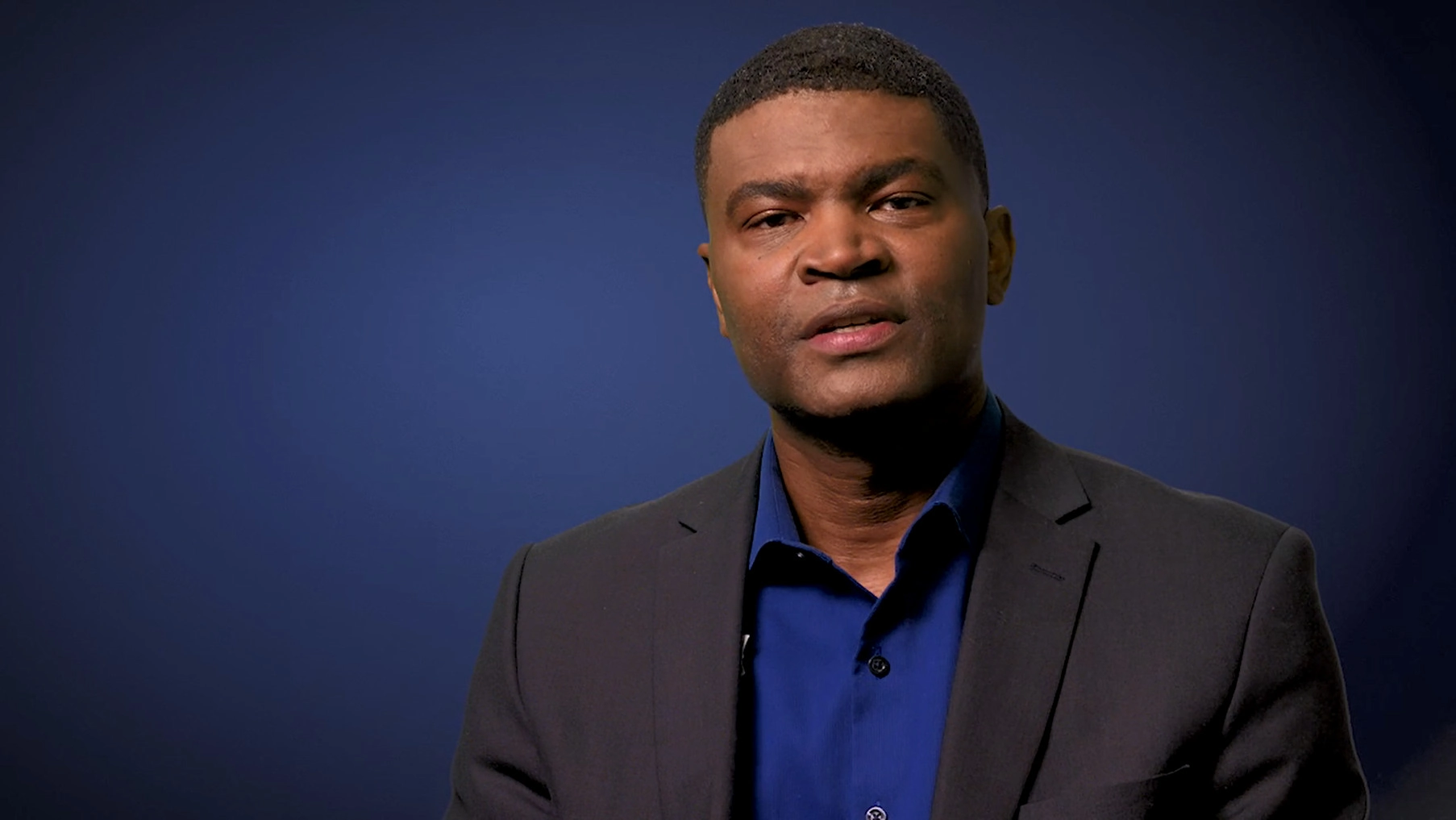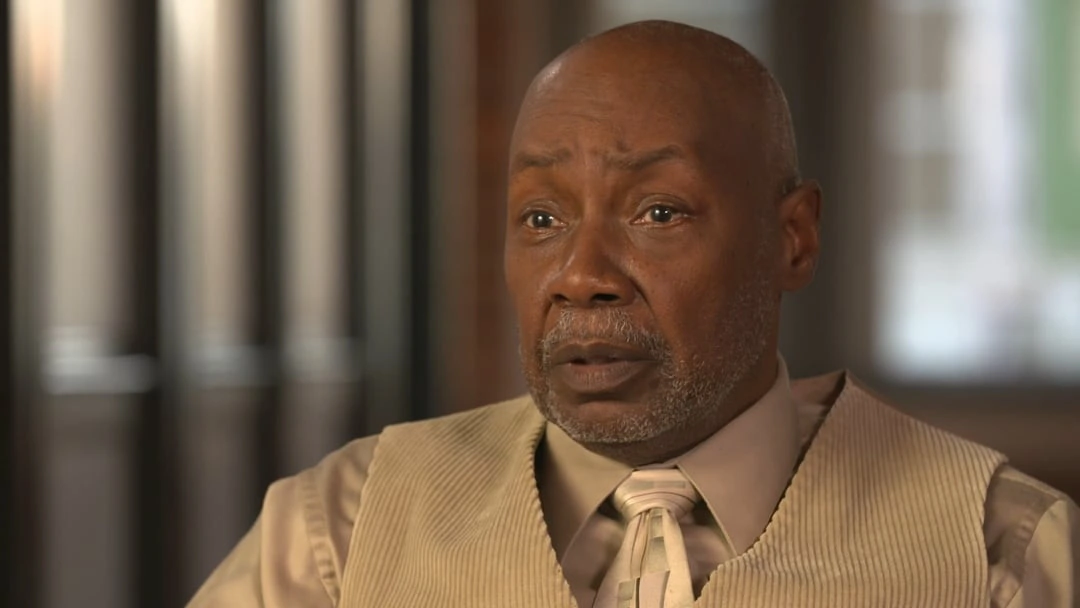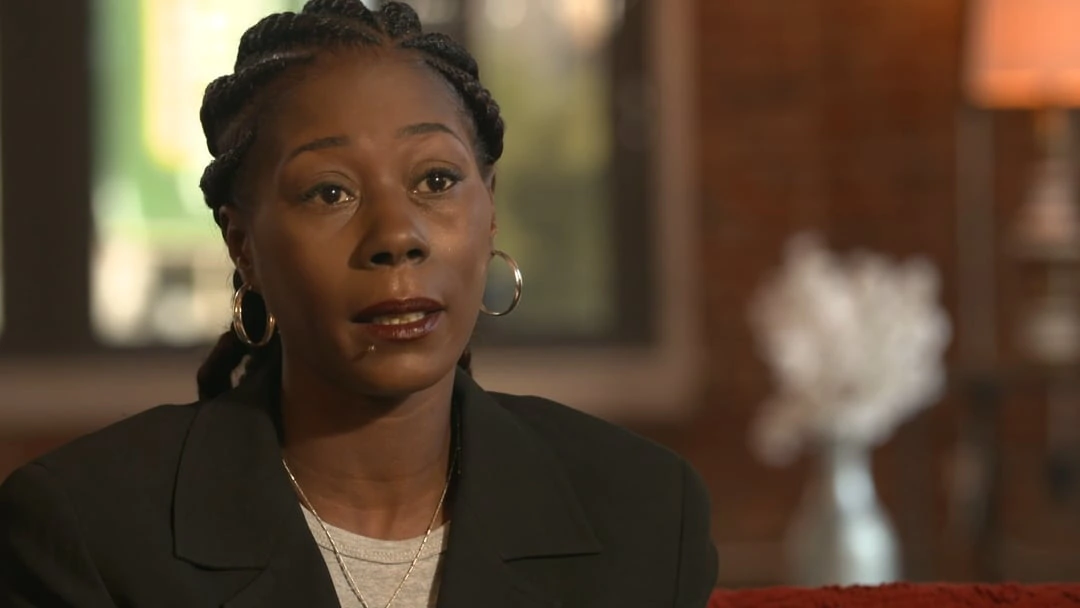The DC statute of limitations sets a time deadline on when a personal injury lawsuits or medical malpractice claim may be filed. If you do not file your legal claim within the applicable legal timeline, the law is strict and you usually will not be able to file a claim. Knowing which statute of limitations applies to your injury claim is therefore a critical piece of information and must be understood in order to determine your legal options.
If You Suffered a Personal Injury:
If the legal deadline that applies to your case is anywhere close (meaning less than two years), we recommend contacting an experienced injury attorney in order to determine your next step. The DC personal injury lawsuit process can act slowly and it is always preferable to file a claim early than late, when it may be invalid. Drafting and filing a legal claim, locating defendants, and other tasks that go with filing a lawsuit can be extremely time intensive and require substantial planning.
Under DC law, the statute of limitations period is measured from the “time the right to maintain the action accrues.” DC Code Ann. § 12-301. For injury cases, a cause of action normally accrues on the date of an injury. For example, if you suffered a serious fire and burn injury, the deadline clock would begin running the day you were burned. There are also additional requirements that must be met if you are filing a claim against a governmental entity.
The deadline that applies to your claim can change according to court decisions or legislation. For instance, the statute of limitations for wrongful death actions in the District of Columbia was lengthened from one year to two years in 2013. Because this area of law is subject to change, we recommend consulting with an attorney experienced in handling statute of limitations issues.
The following are some deadlines that apply to civil cases filed in Washington, DC:























